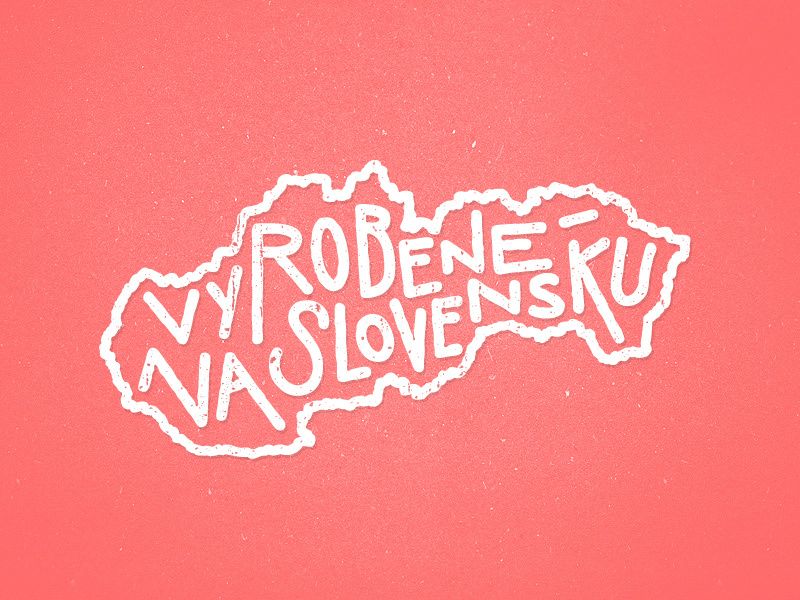Let's do a little test to start off with. Take the T-shirt you are wearing or now. Take a peek at the label. What does it say on it?
We can safely bet that on 99% of these labels, "Made in Slovakia." cannot be found. The vast majority of these labels refer to production in third world countries. And why should we care?
Between 1987 and 1990, all around the world we could find in the world goods from Czechoslovak textile factories worth over 500 million Euro. In Slovakia, about 46,000 people were employed in the clothing industry in this period, which means we could label Czechoslovakia as the European textile power of the day. But then there was a turnaround, and after 1990, the industry gradually began to disintegrate. Why? Because of an old familiar tune.
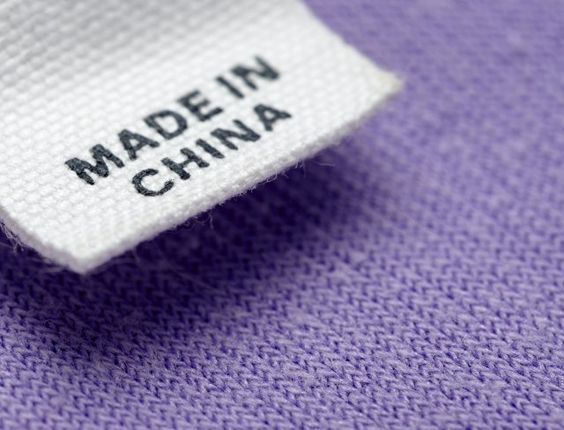
We cried out a mass hurray to cheap goods from Asia, thus losing the need for innovation and the support for the local industry. But why produce in Slovakia - when there is cheap labour and low material costs in third world countries?
The unfortunate collapse of the Rana Plaza factory in Bangladesh in 2013 raised many questions, and the dark background behind 5 Euro T-shirts from our favourite sales began to surface at a dizzying pace. Suddenly, we began to think more about the process and ethics behind the making of our clothes and to demand transparency from companies. Moreover, topics such as pollution of the planet versus fast fashion have drawn attention to the importance of reducing our carbon footprint and have led many of us to ask "what is the alternative?"

One way is to go the local route. And here are 5 reasons why:
1. SUPPORTING THE LOCAL ECONOMY
The owners of local shops to whom you give your money are the same people who go to a local business or cafe, or buy from other local companies, service providers, etc. The money circulates throughout the community, developing other businesses, as well as the local tax base. Local production also means employing local workers for controlled wages, and you can be sure that your new product was not produced by a 10-year-old child in inhumane conditions.
2. PLUSES FOR THE ENVIRONMENT
Each product begins its journey in a logistics process, until it finally lands in your hands. The more a product travels, the more fossil fuels are, and the more harmful greenhouse gas emissions are released into the air. Shopping locally reduces greenhouse gas emissions, carbon footprints, fuel costs and overall energy consumption. Plus the smaller the distance the product has to travel, the less the need for unnecessary transport packaging and excess waste.
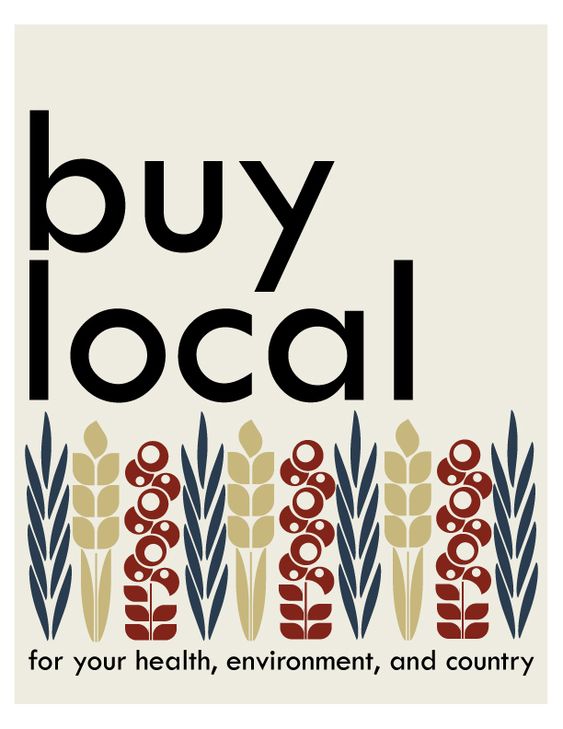
3. QUALITY OVER QUANTITY
Mass production and new items in stores every week were miles short of high quality. And when our new item is launched in a month, we'll say “So what? I'll buy another t-shirt for 5 Euro. But Mother Nature will not do the same. Up to around 3,000 litres of water are used to produce one cotton T-shirt, which corresponds to almost 3 years of water consumption for one person. However, locally produced brands follow the opposite strategy - they focus on creating several quality collections with timeless pieces that will last for years or generations.
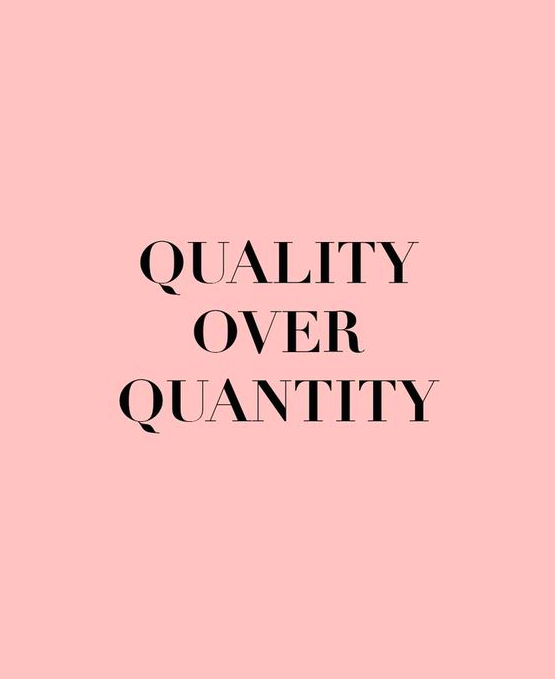
4. TRANSPARENCY AND COMMUNICATION
When you buy a product made outside Slovakia, you do not know its whole story. You can't ask the manufacturer, and many times you can't even ask a large company about the history of your clothes. But local fashion is incomparably more accessible and can provide customers with the transparency that the fashion industry so desperately needs.
Transparency reflects the level of responsibility at many levels. When a company is operated locally, the owners are usually in contact with the entire process of production and sale of their product. When we - as consumers - ask questions about this process, we recognise the importance of its impact on people and on the planet.
Smaller companies also value their customers more, and care about feedback - so they are much more likely to be willing to spend their time answering your questions - which also leads to greater business transparency.
5. NO "COPY-PASTE"
Whether we like it or not, fashion is dictated by several well-known magazines and fashion chains. Trends are influenced by the media, and many original flavours get lost through the mass assimilation of style. Fast fashion is everything but an innovative, progressive, or ecological fashion choice. Freelance designers help move fashion forward, ask questions that really matter, plus: bring new ideas to the fashion community. They create unique items and offer truly independent fashion.
- here I would put a photo of a gem for this style
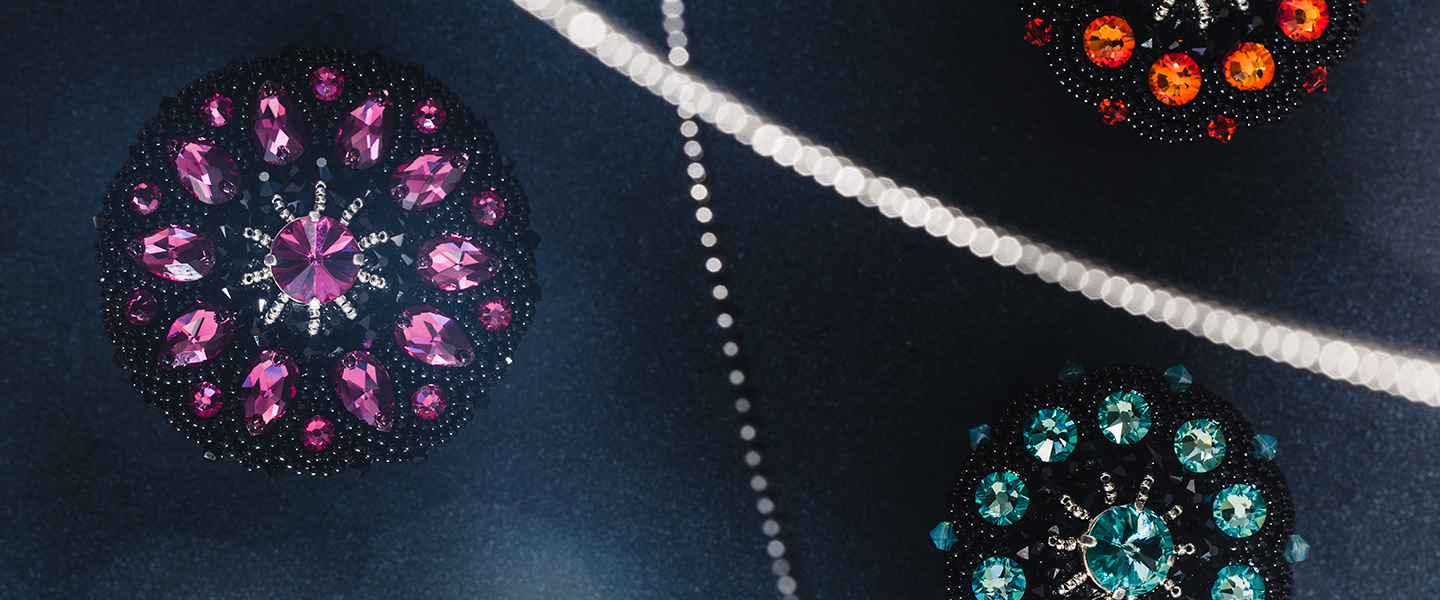
YOUR DECISION MATTERS
Given the current situation in the world, small local businesses need our support more than ever before. After all, when we all pull together we can make big changes together. Let's gradually reduce the labels with the words "Made in China {or insert another third world country}" and let's make local production a trend again.
At Skvost, we are like an open book. Transparency is our domain. You can read about our philosophy, vision and identity HERE.


